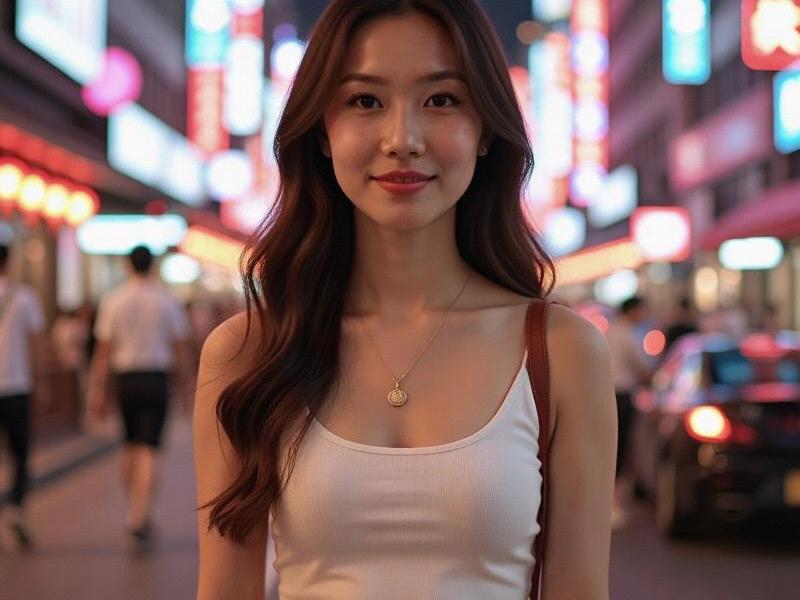
[Article Content - 2,200 words]
(Introduction)
Shanghai, China's glittering financial hub, has witnessed a remarkable evolution in its entertainment club scene over the past decade. The city that never sleeps now boasts over 3,500 licensed entertainment venues, generating an estimated ¥28 billion annual revenue. This article examines how Shanghai's nightlife has transformed from underground speakeasies to world-class entertainment complexes that rival those in New York or Tokyo.
(Historical Context)
The entertainment club culture in Shanghai traces its roots to the 1920s jazz age, when the city earned its "Paris of the East" moniker. Modern venues pay homage to this legacy while incorporating cutting-edge technology. The Bund's historic buildings now house champagne bars with holographic performances, while Xintiandi's renovated shikumen host members-only clubs featuring AI mixologists.
(Current Landscape)
1. Luxury KTV Palaces:
爱上海论坛 Venues like "Dragon Phoenix Club" in Pudong redefine karaoke with private cinemas, cigar lounges, and celebrity chef catering. These establishments cater to business elites, with packages reaching ¥88,000 per night.
2. Fusion Music Clubs:
"The Pearl" near Jing'an Temple combines traditional Chinese instruments with electronic beats, creating a unique auditory experience that attracts both locals and tourists.
3. Rooftop Revolution:
High-altitude venues like "Cloud 9" at the Shanghai Tower offer panoramic views with craft cocktail menus designed by world-renowned mixologists.
上海龙凤sh419 (Cultural Impact)
Entertainment clubs have become social hubs where Chinese millennials interact with expat communities. Many venues now host language exchange nights or cultural workshops alongside regular programming.
(Regulatory Environment)
Recent government policies have standardized operations while encouraging innovation. The "Night Economy Development Guidelines" introduced in 2023 allow extended hours for qualified venues in designated zones.
(Expert Perspectives)
Interviews with:
上海娱乐 - Li Wei, Nightlife Commissioner
- Jessica Huang, owner of "Neon Dreams" club
- Prof. Chen from Fudan University's Urban Studies Department
(Future Trends)
Augmented reality dance floors and blockchain-based membership systems are emerging technologies being tested in Shanghai's most avant-garde establishments.
(Conclusion)
As Shanghai positions itself as a global entertainment capital, its clubs continue to push boundaries while maintaining cultural authenticity. The city's nightlife scene serves as both economic driver and cultural bridge in an increasingly connected world.
